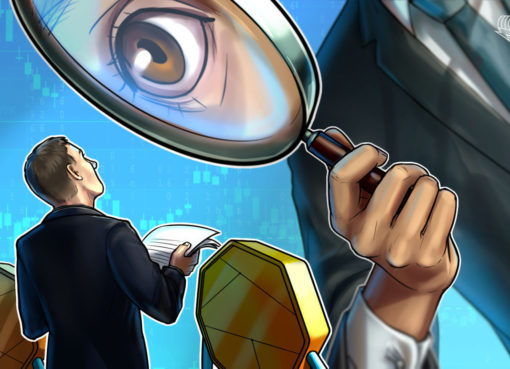The gaming industry in South Korea has been booming since the dawn of computer games — people of different generations have been fierce advocates for Starcraft in the 1990s and 2000s, and League of Legends in the 2010s. South Korean game developers are always looking to bring a new breed of computer or mobile phone games to the scene — and now they are looking towards blockchain.
Korea has the world’s fifth-largest gaming industry, holding 6.2% of the global gaming market as of 2019. Moreover, the country’s gaming industry scored a trade surplus of US$6.4 billion in the same year, which accounts for a whopping 16% of the country’s total trade surplus, according to the Korea International Trade Association (KITA).
There are more than 10,000 PC bangs, or internet cafes, in the country where people pay about a dollar per hour to play their favorite games with up-to-date equipment. Watching e-sports, or professional gaming, has become a widespread pastime over the last two decades, where the top-ranking gamers, such as Lee Sang-heyok, or Faker, have gathered fan followings comparable to that of famous K-pop stars.
Gamevil, one of Korea’s more prominent mobile phone game developers, announced Thursday it is purchasing a large share of Coinone, one of Korea’s four major crypto exchanges. With this acquisition, Gamevil becomes Coinone’s second largest shareholder, after Cha Myung-hoon, Coinone’s CEO. The game developer attained an additional share of 21.96% on top of its existing share, securing a total 38.43% of Coinone’s shares.
With stronger ties with Coinone, Gamevil is looking to incorporate blockchain technology with its gaming infrastructure — it says it will actively discuss with the cryptocurrency exchange developing blockchain-based games and an exchange for NFTs (non-fungible tokens).
In fact, Gamevil already operates a task force within the company aiming to develop an NFT exchange with various content developed in South Korea. for the development of K-content-based NFT exchanges. It adds that using blockchain technology is in line with the rapidly changing gaming trends of Korea and the world.
However, the release of games with blockchain or NFT elements are banned in South Korea. The Game Rating and Administration Committee refuses to give age ratings to blockchain technology-based games, which prevents them from being officially released. An official from the committee had previously said many of those games provide play-to-earn or random NFT rewards to users that may encourage speculative behavior.
Kim Suk-hwan, CEO of blockchain game developer Wemade Tree, argued earlier this year at a policy meeting that the committee should at least review the games individually, and then punish any that do not abide by the regulations. Kim Kyun-tae, partner at blockchain venture Hashed, also agreed that “It does not make sense to block the whole industry just because the [blockchain game] issue is sensitive.” In the meantime, Korea’s blockchain-based games such as Wemade’s MIR4, are met with widespread popularity after being released outside of Korea first.




